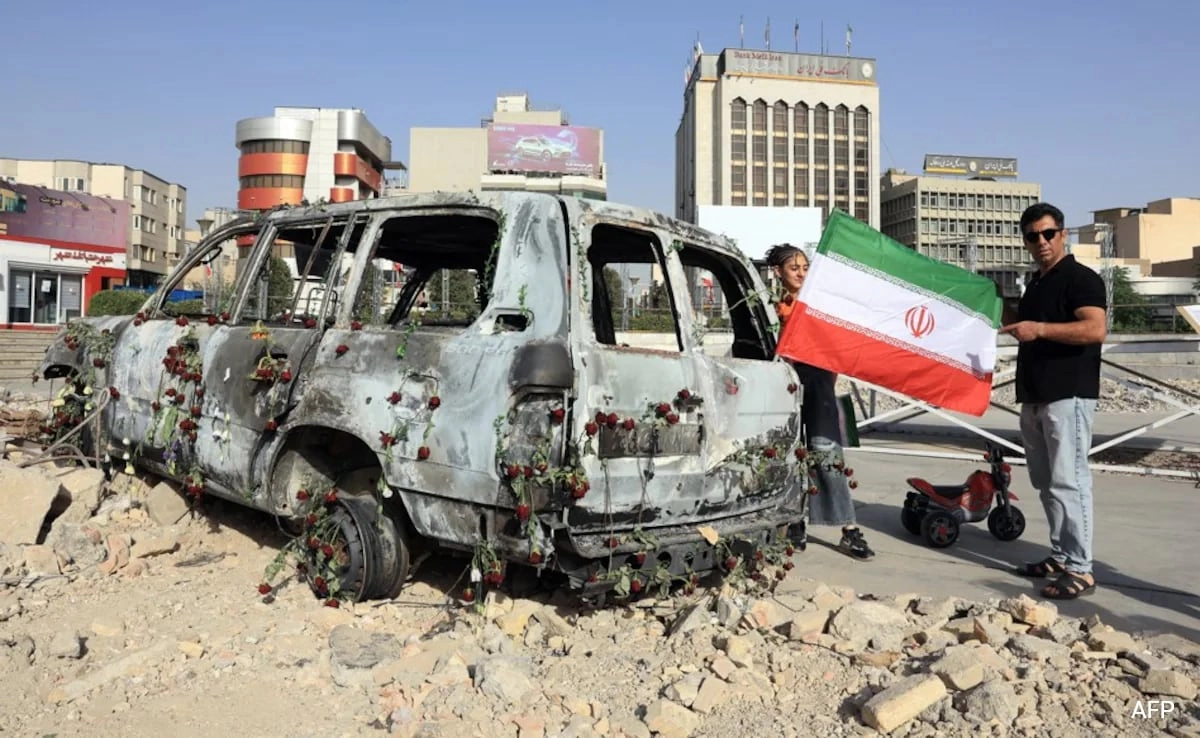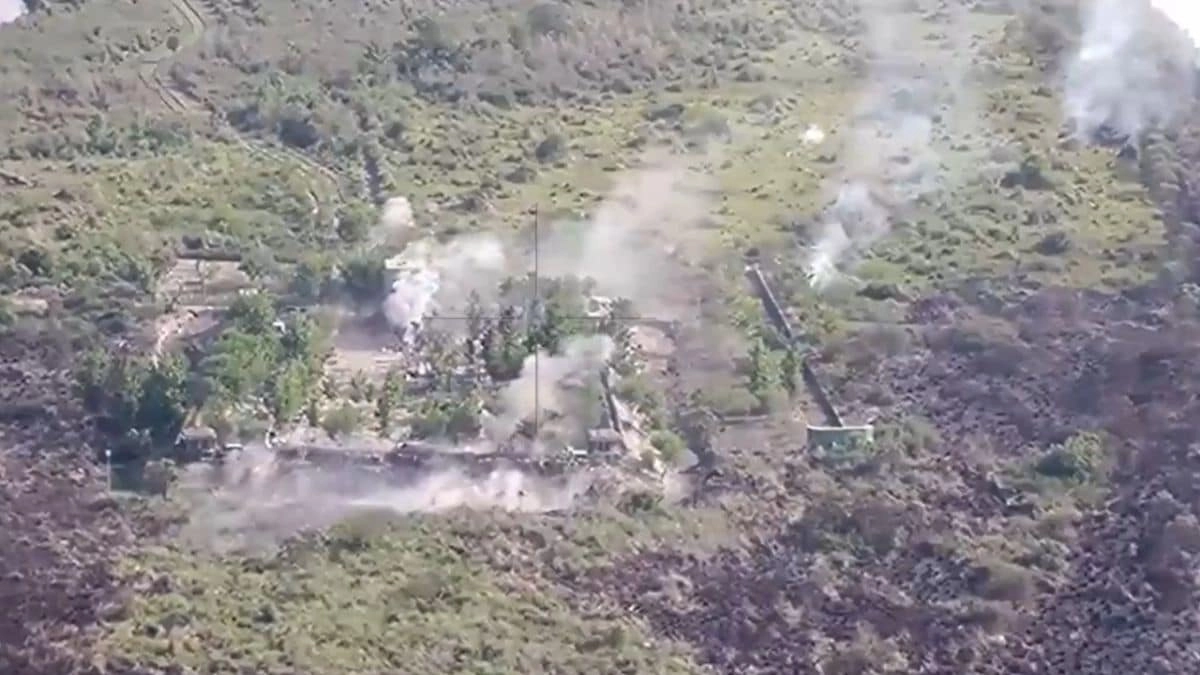The recent report from the Financial Action Task Force (FATF) has shed light on the complex financial mechanisms that facilitate the movement of funds by terrorist organizations in Pakistan. This development is crucial as it underscores the persistent challenge posed by such groups, not just to regional stability but also to global security. The report provides insights into how these entities exploit both formal and informal financial systems to sustain their operations, revealing a network that is both sophisticated and resilient.
One of the key findings of the FATF report highlights the reliance of these terrorist organizations on hawala and other informal money transfer systems. These systems, which operate outside the conventional banking framework, allow for rapid and anonymous transactions that are difficult for authorities to trace. This makes them particularly appealing for groups looking to evade detection while funding their activities. The report indicates that a significant portion of the money used by these terrorists is funneled through these informal channels, showcasing a critical gap in the global financial oversight mechanisms that need to be addressed.
Moreover, the FATF’s findings point to the involvement of various local and international actors in facilitating these financial transactions. The interplay between organized crime and terrorism financing is particularly concerning, as it enables a symbiotic relationship where both entities benefit from each other’s operations. This interdependence complicates efforts to combat terrorism financing, as it requires a multifaceted approach that addresses not only the funding mechanisms but also the underlying criminal activities that support them.
In light of these revelations, it is imperative for governments and international organizations to enhance their regulatory frameworks to better monitor and control these financial flows. Strengthening cooperation between countries, improving data sharing, and bolstering financial intelligence units are crucial steps in dismantling the financial networks that support terrorism. The FATF report serves as a wake-up call, emphasizing the need for a concerted global effort to tackle the financing of terrorism, especially in regions where such activities are prevalent. Only through a collaborative approach can the international community hope to disrupt these financial lifelines and mitigate the threats posed by terrorism.




